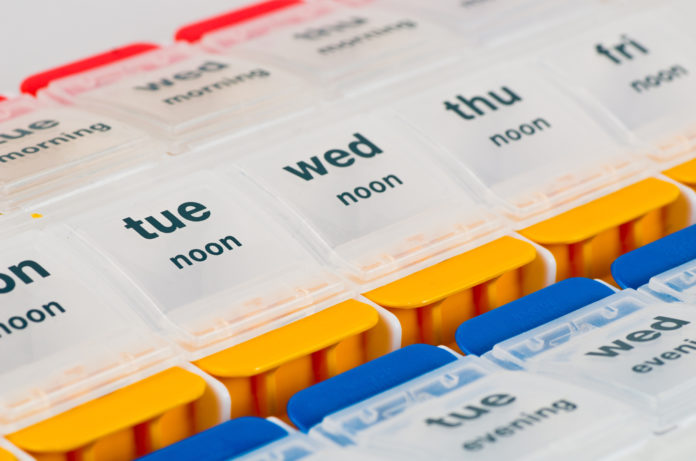A Spanish study found that no current oral opioid addiction treatments can claim to be fully effective at treating addiction.
The research, published in the Hindawi Biomedical Research Journal, stated that opioid treatments require daily oral administration and consequent regular clinical visits, which in most cases results in a lack of patient compliance. This leads to fluctuations in drug levels in the plasma in the blood of the patient.
The researchers reviewed available literature on detox and treatments employed for beating an addiction to opioids. But papers describing purely genetic factors predisposing to addiction or the likelihood of abstaining from addictive substances were excluded from the study.
When the researchers focused on treatments for opioid dependence, it was observed that treatments usually tend to be more effective when the case of drug use is identified in its early stages, although detailed treatments oscillate between each person.
The study included many different methods of medication-assisted detox including methadone treatment, naloxone treatment and sustained release systems, which may help patients overcome limitations of noncompliance within oral treatment.
The researchers suggested that a sustained-release program through an implantable formulation of buprenorphine has the potential to be therapeutically favorable as an alternative to the current practice of daily administration. It would eliminate the need for supervision, minimize fluctuations of the drug’s concentrations in plasma, and allow patients to reduce clinical visits.
However, buprenorphine is highly addictive and not enough tests have ensured that an implant of such a powerful drug can release the chemicals gradually and therefore allow for a smooth, effective recovery.
In order to minimize restrictions from noncompliance and departure from treatment, research groups are proposing alternatives to… (continue reading)
















